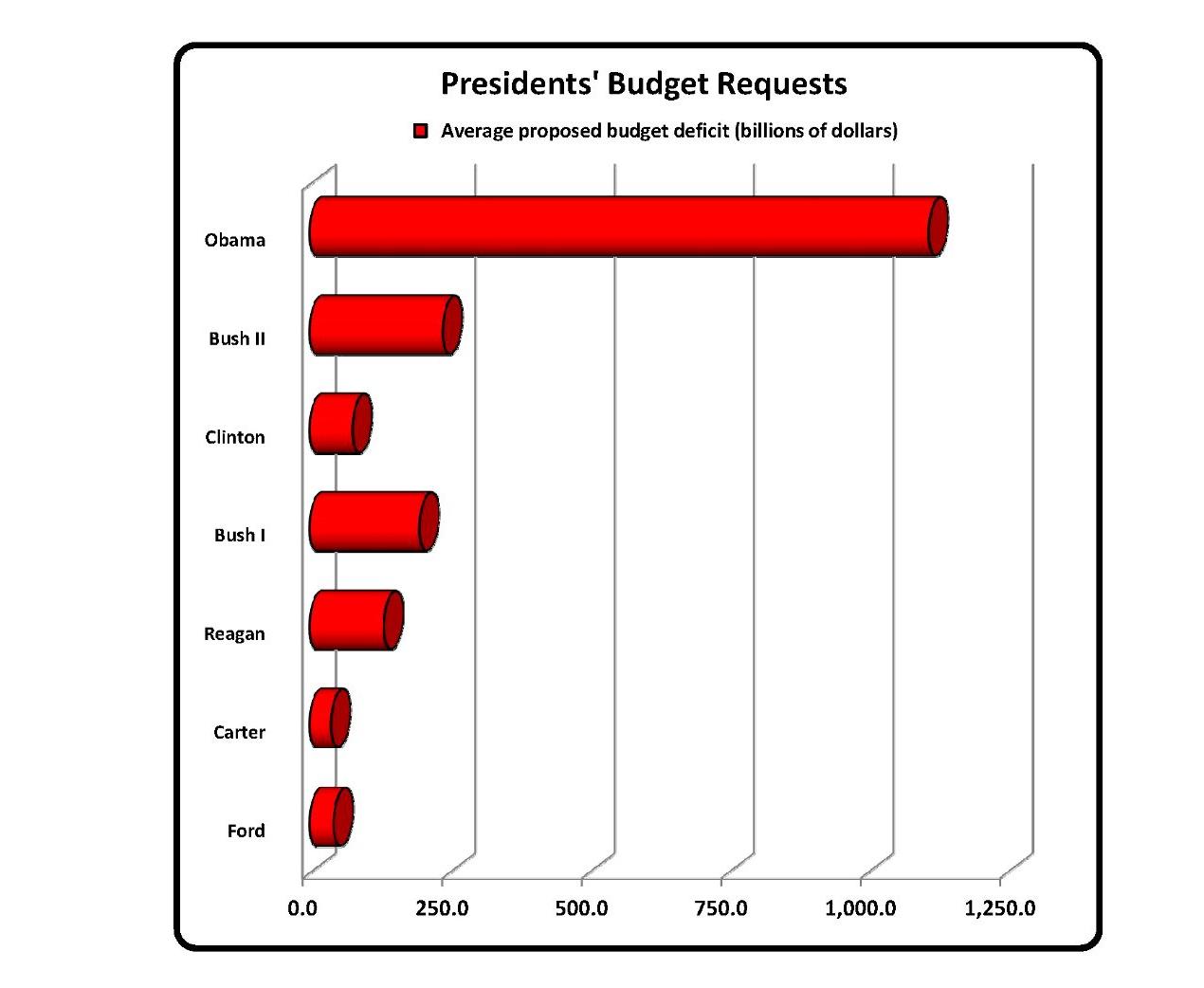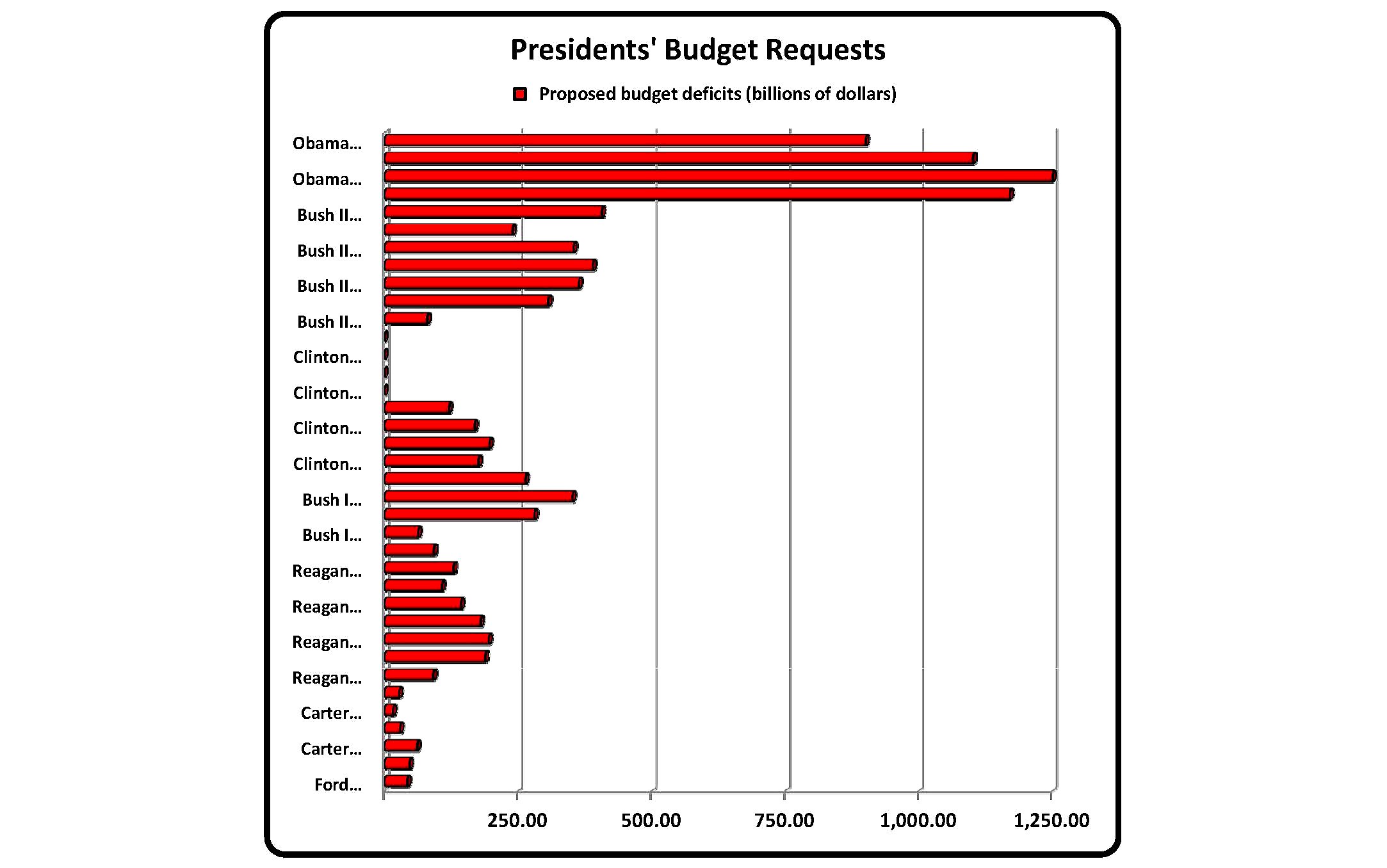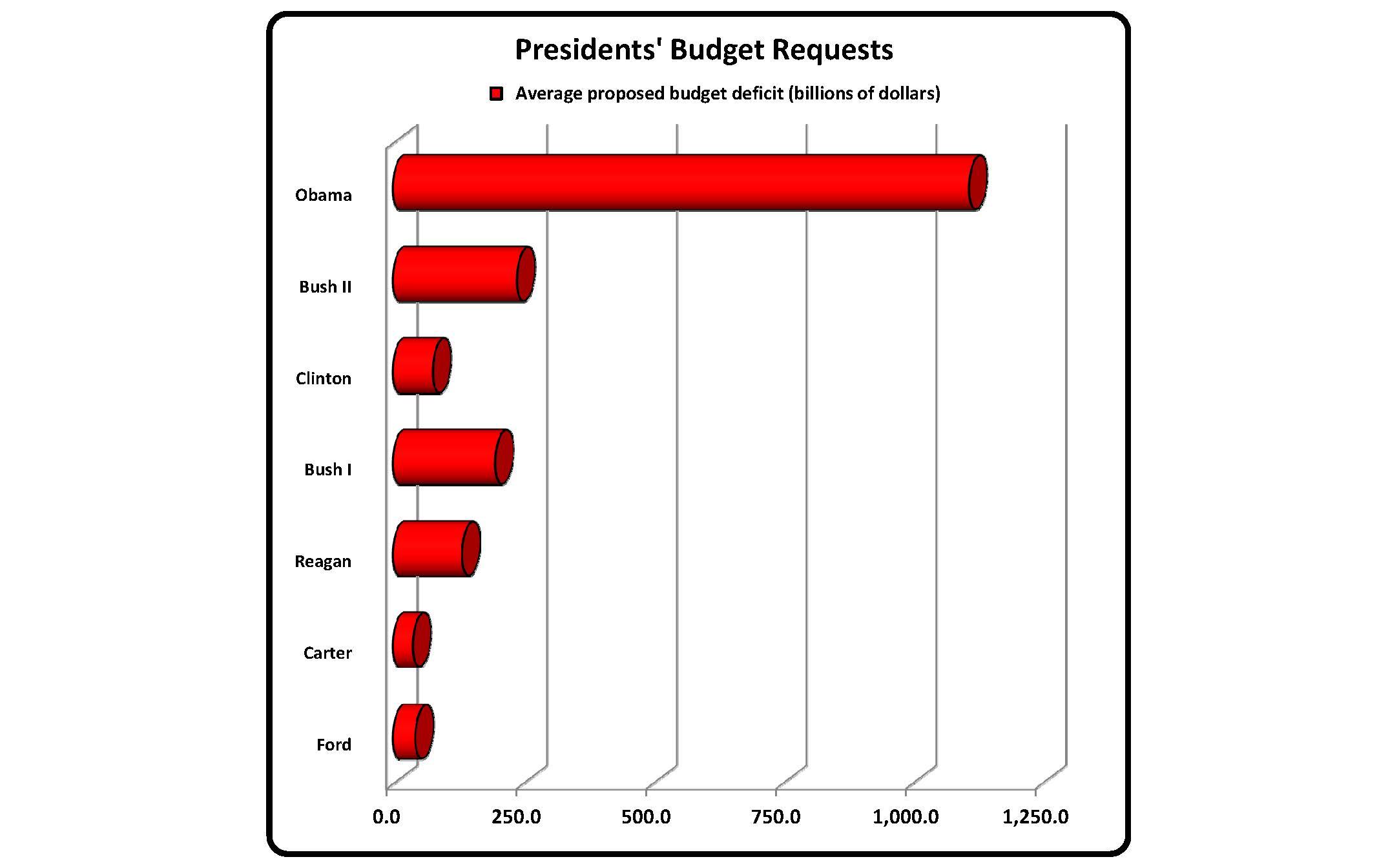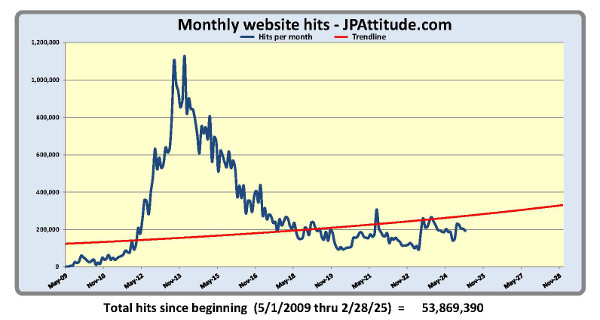The three most important charts in America
June 4, 2012
 It’s an election year and maybe the most important election year in American history. People need to know what happened in the past so they can place the blame for the current mess where it belongs and vote accordingly.
It’s an election year and maybe the most important election year in American history. People need to know what happened in the past so they can place the blame for the current mess where it belongs and vote accordingly.With our president trotting around the country spreading the whopper lie that he’s not a big spender, let’s review the question of who’s to blame for the nation’s ongoing economic disaster. The question has three parts: one, which political party was most responsible for the mortgage bubble which caused the financial crisis; two, which political party is most responsible for the federal government’s suicidal overspending; and three, which president is most responsible for the overspending.
The Democrat culpability in the mortgage bubble was detailed here in the August 26, 2011, column titled “Who’s really to blame?” which also showed that Democrats bear primary responsibility for government deficits. Here’s the chart showing the correlation between deficits and which political party controls Congress:

To cut through the accounting gimmicks and fuzzy definitions with which bureaucrats try to hide the size of the federal deficit, the chart uses total debt outstanding to measure deficits and clearly there is a bulge in the size of the increase to national debt whenever Democrats control both houses of Congress. The bulge created by the Democrat-controlled Nancy Pelosi/Harry Reid 110th Congress which attained power in January of 2007 is astonishingly huge. Mind boggling. Inexplicably hare-brained and dangerous.
Inexcusable.
The question of how much the president is culpable is more complicated. Bush was president for two of the four Pelosi/Reid years, and Obama was president for the other two. The president doesn’t allocate money. The House allocates, the Senate reviews and must concur, and then the president is limited to signing or vetoing.
The president does make spending suggestions—called the President’s Budget Request—nine months before the fiscal year starts. While the President’s Budget Request sets the general tone of the ensuing spending debates, there is no authority behind it. In Obama’s case, for example, his 2013 budget was recently voted on for the sole purpose of showing congressional disdain for it. The House voted it down 414–0 and then the Senate, which is controlled by the president’s own party, voted it down 99–0.
Ouch.
But an important point about presidential budget requests is that when Congress finally gets around to deciding how much money to spend, they almost never spend less for a given budget item than the president suggested. They frequently spend more but seldom less. Each of the president’s budget suggestions is treated as a minimum amount. That’s one way the President’s Budget Request sets the tone.
By making the issue of government spending part of his reelection campaign and asserting that he’s actually a budget cutter in spite of the mammoth deficits incurred on his watch, Barack Obama demanded that we measure his role in the crisis. We can do that by charting Presidents’ Budget Requests for the last thirty seven years. Here’s what that chart looks like:

Obviously there’s a difference of degree between other presidents and Obama. Bush II was no piker when it came to requesting more money than was available but Obama is in a league of his own. It becomes even more obvious when we chart each president’s average proposed budget deficit:

The data behind these two charts, which you can see here, comes directly from the official Presidents’ Budget Requests submitted to Congress in late January every year. Contrary to President Obama’s claim that he’s fiscally responsible, this chart shows the average budget deficit he requested during his four years is more than four times higher than any other president—including his predecessor, the guy he loves to blame for everything, George W. Bush.
People can argue until the cows come home about whether a specific president was spendthrift or thrifty but the best concrete evidence available is how much money they asked for—amounts which set the tone for ensuing budget discussions. By asking for irresponsible amounts of spending, Obama repeatedly let Congress know how full they could fill their pork barrels without risking presidential veto.
The numbers used in these three charts are unadulterated straight-from-the-government facts, not mutilated overanalyzed claptrap by some irrational narcissist who writes columns for the New York Times and thinks winning a Nobel Prize excuses him from ever having to use his brain again. (That’s a reference to Paul Krugman, of course, who spends his days hysterically demanding more spending from the nearly-bankrupt already-downgraded U.S. government, sometimes using charts which are so fallacious and silly that undergrads quickly disprove them.)
Anybody looking at the last two charts will wonder how the president can be on the campaign trail claiming to be a budget cutter. There are two possibilities and neither is pleasant to contemplate: he’s a liar or he’s ignorant.
Maybe he has campaign advisors who, in the interest of imbuing his frequent speechifying with a tinge of genuine sincerity, convinced the poor sap that he’s been frugal. If it seems bizarre that a president could be so easily misled, Milton suggested an answer for that conundrum more than three and a half centuries ago:
“Kings most commonly, though strong in legions, are but weak in Arguments; as they who have ever accustom’d from the Cradle to use thir will onely as thir right hand, thir reason always as thir left. Whence unexpectedly constrain’d to that kind of combat they prove but weak and puny Adversaries.”
From Grand Rapids, Michigan, USA Tweet
comments powered by Disqus













